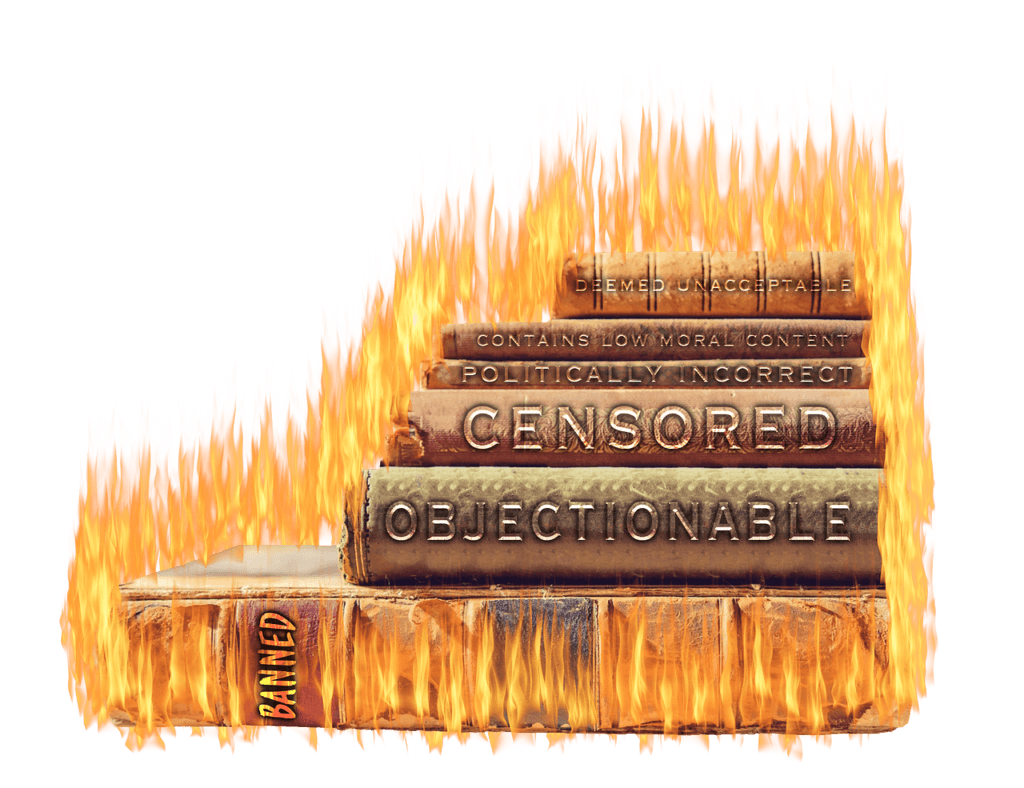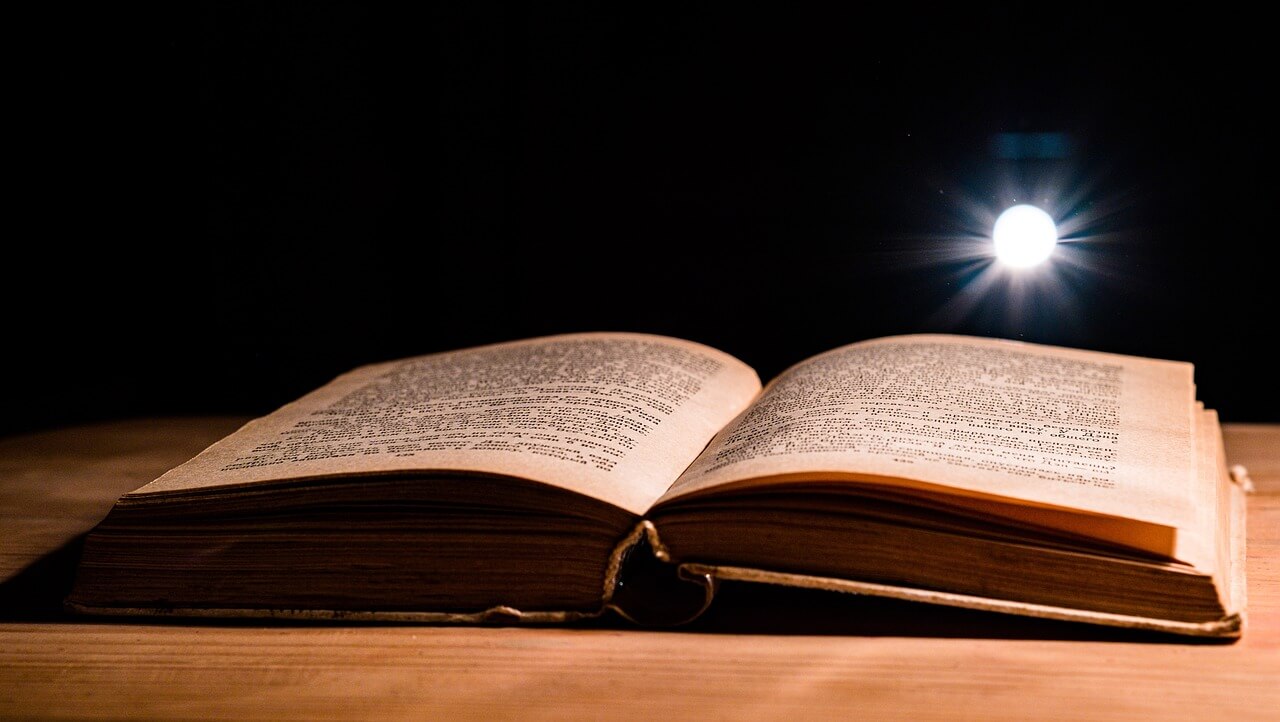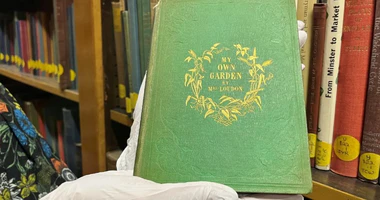
Imagine sending your kids to schools for their positive growth and a good morale/ethical code but exposing them to offensive and indecent content. That’s precisely what has been a concern for Utah parents lately. While several books were banned for their obscene and unseemly contents earlier, this time, the victim was the Bible.
After the passing of House Bill 374 last year, one of the parents of a Utah school (Davis School District) ward highlighted how the government left out the Bible in their list of indecent books. The anonymous parent also denoted the Bible as “one of the most sex-ridden books” around, as per the Salt Lake Tribune.
Earlier, the state passed House Bill 374 to constrain sensitive or objectionable materials in school. They asked to report such books to the Utah State Board of Education and the government.
“Pornographic By Our New Definition”
The parent (who requested the removal) highlighted common concerns in the Bible and listed how the religious books include “Incest, onanism, bestiality, prostitution, genital mutilation, fellation, dildos, rape, and even infanticide.” They further mentioned how it has “no serious values for minors,” and the content is pornographic. After such obligations and claims, the Bible was thoroughly interrogated for any indecent content.
Although the school district committee declared the Bible age inappropriate for elementary and middle schoolers (after the interrogation), the book didn’t comply with the criteria to be restricted entirely from schools. That’s why some schools removed it for elementary/middle schoolers but kept it in the high school libraries.
The Book of Mormon Might Be Next.
After the Bible, the school considers removing the Book of Mormon from their libraries. The book will be thoroughly evaluated per the bill’s criteria, and decisions will be taken accordingly. It was requested to be removed from the school for its violent texts narrating intense situations like battles, beheadings and kidnapping.
Book bans have become relatively common in the US. It increased by 28% in US schools within the first half of the 2022-2023 school year. Amidst such trends, many people are clueless about whether these bans are truly book bans or just a curation in action. What do you think?
Navkiran Dhaliwal is a seasoned content writer with 10+ years of experience. When she's not writing, she can be found cooking up a storm or spending time with her dog, Rain.


